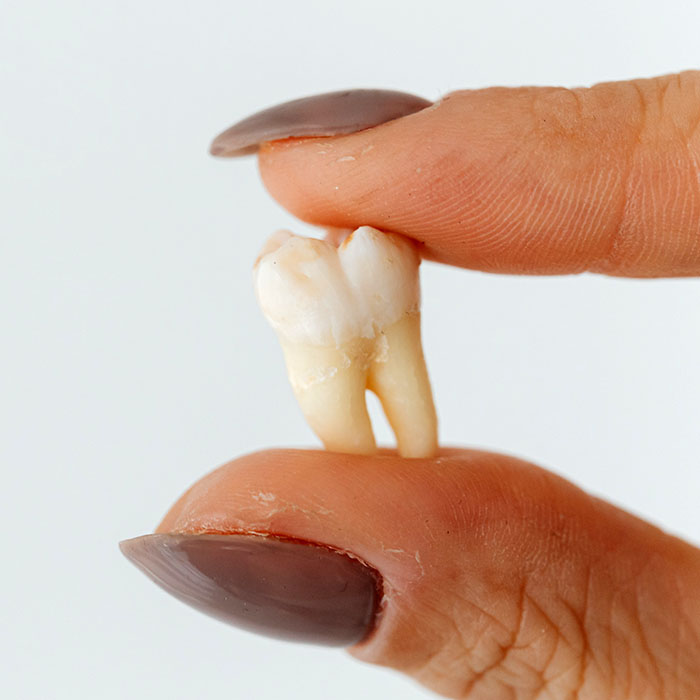AS DENTAL HEALTH professionals, our favorite figure in the magic of childhood has to be the Tooth Fairy. We all remember what it was like to leave a baby tooth under the pillow and find a shiny quarter in its place the next morning. It’s fascinating to see how the traditions around baby teeth differ across the world and even in the past.
What Came Before the Tooth Fairy?
Medieval Europeans didn’t leave baby teeth under pillows for the tooth fairy; instead, they buried them in the ground. They believed a witch could control people if she got access to their teeth, so they had to hide them where she couldn’t find them.
Another tradition they had was to burn baby teeth to help ensure a peaceful afterlife because they believed that they might end up stuck as ghosts searching for their teeth for eternity if they weren’t destroyed. That’s a little more intense than a tooth fairy.
A little farther north, the Vikings took a very different view. They considered baby teeth to be good luck in battle — to such an extent that they would buy them in order to make necklaces out of children’s teeth. Would that be strange-looking or intimidating to go up against on the battlefield?
How About a Tooth Mouse?
Not every culture has a magical tooth collector who looks like Tinkerbell. Many European and Latin-American countries instead have a Tooth Mouse! In France, she’s called La Petit Souris (“the little mouse”), and she swaps out teeth hidden under pillows for small gifts or money just like the Tooth Fairy. Spanish-speaking countries typically call their Tooth Mouse “Raton Perez.”
Who Came Up With the Tooth Fairy?
Our modern Tooth Fairy traditions have their roots in European folklore, like many of our other traditions. The version we recognize began in the early 1900s with the help of fairy characters popularized by Walt Disney. They gave the idea enough traction to help it grow into what it became.
What’s the going rate for a baby tooth these days?
https://www.youtube.com/watch?v=k9GDg_AVbIc
Is There Any Real Value in the Tooth Fairy?
We don’t strictly “need” something like the Tooth Fairy, but the idea is a really nice one for little kids. Losing a tooth can be a scary experience, so having something magical to look forward to like a reward from the Tooth Fairy can help a lot. Just keep in mind that you don’t have to rely on fantasy characters alone when it comes to loose tooth concerns. The dentist can help too!
We love our patients!
(The content on this blog is not intended to be a substitute for professional medical advice, diagnosis, or treatment. Always seek the advice of qualified health providers with questions you may have regarding medical conditions).





